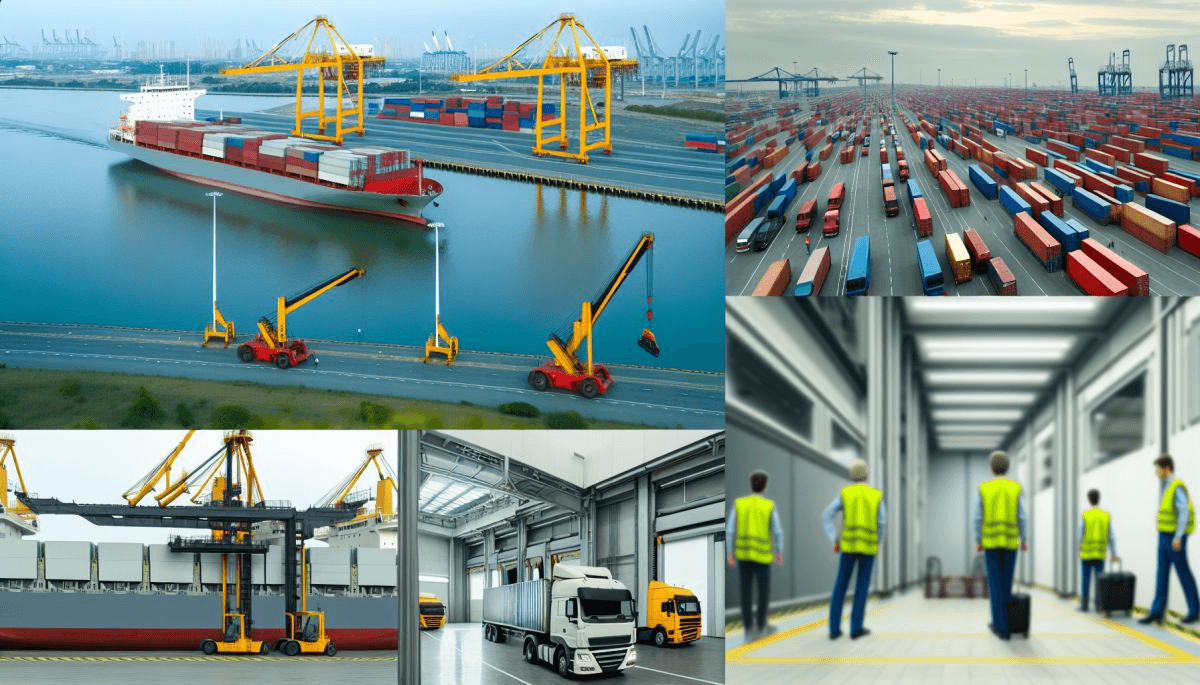Georgia’s strategic geographic positioning, nestled between Europe and Asia, has established it as a pivotal player in maritime logistics within the Black Sea and Caspian region. This article explores the top five challenges in Black Sea-Caspian maritime logistics and highlights how Georgia, leveraging ports like Poti and Batumi, plays a crucial role in overcoming these issues.
The Complexity of Maritime Logistics in the Black Sea and Caspian Region
Navigating the Black Sea and Caspian region's maritime logistics presents unique challenges due to geopolitical tensions, complex regulations, and fluctuating economic conditions. Countries in this area experience varied political climates, which can impact trading routes and logistics operations significantly. International freight Turkey faces similar issues, necessitating adaptive strategies and robust logistical frameworks.
The Role of Ro-Ro Shipping in Streamlining Operations
Roll-on/Roll-off (Ro-Ro) shipping has emerged as an effective solution to some of the region’s logistical challenges. Ro-Ro shipping Georgia provides seamless transition and transportation services, vital for efficient goods flow. By facilitating quicker loading and unloading times, Ro-Ro shipping not only speeds up delivery but also reduces handling costs.
Overcoming Infrastructure Limitations
The existing infrastructure across Georgia and surrounding regions is often insufficient to support the growing freight demand. Enhancing port facilities, particularly in Poti and Batumi, and improving connectivity with Europe and Central Asia are essential to maintaining throughput and efficiency in freight operations.
Poti and Batumi Ports: The Pillars of Georgia’s Maritime Strategy
Poti and Batumi ports are instrumental in connecting Europe with Central Asia. The strategic location of Batumi port freight makes it a convenient conduit for goods traveling to and from Azerbaijan, Kazakhstan, Uzbekistan, and other Central Asian destinations. These ports have been pivotal in handling heavy volumes of cargo, thereby cementing Georgia’s role as a logistics hub.
Environmental and Regulatory Challenges
Environmental concerns and stringent regulations also pose significant obstacles. The marine logistics Turkey continues to adapt by investing in eco-friendly practices and technologies, while Georgian ports work on complying with international standards to facilitate smoother logistical operations.
Strategic Collaboration and Technological Adoption
To combat these challenges, collaboration with neighboring countries and technological investment are paramount. By leveraging innovative solutions and fostering international partnerships, Georgia can enhance its logistical capabilities and sustain its role as a key player in maritime transportation.
Conclusion
In the complex realm of Black Sea-Caspian maritime logistics, Georgia remains a steadfast enabler of transcontinental trade routes. Its strategic geopolitical position, combined with the continuous development of its port facilities like Poti and Batumi, ensures efficient and reliable logistics services. To explore more about Georgia’s transformative role in the shipping industry, visit Lider Shipping.

